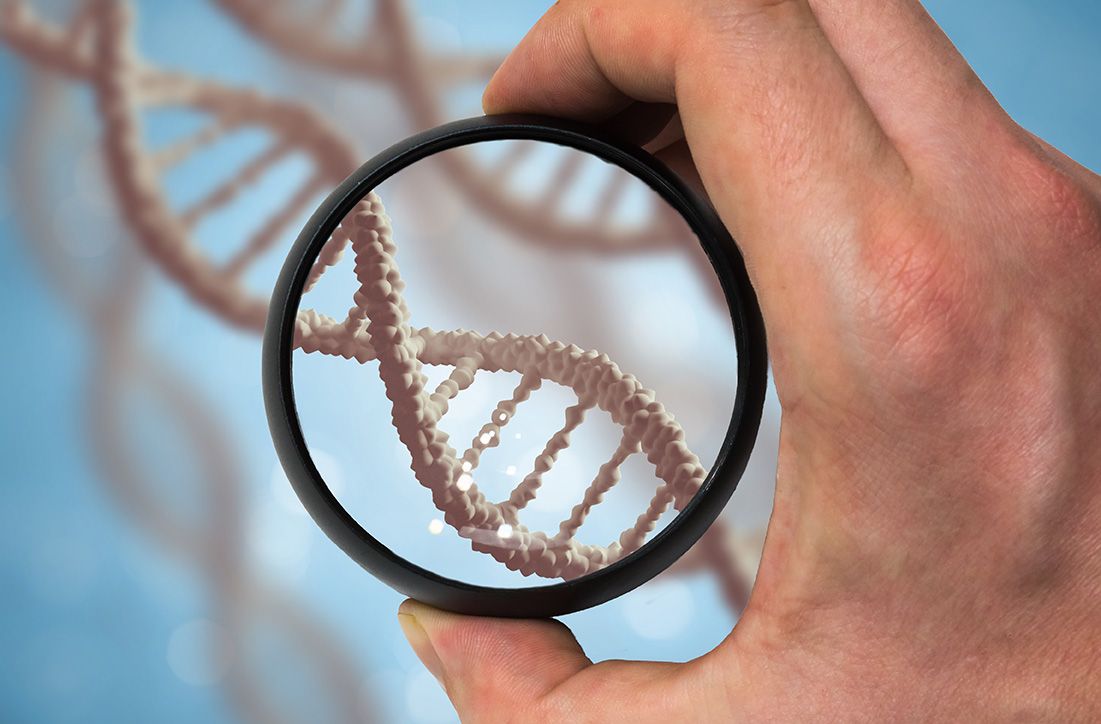Preimplantation Genetic Diagnosis (PGD) and Down Syndrome
 At Heartland Center for Reproductive Medicine, we know that while parents are excited about having a child, there are also common worries. For some couples, having a child comes with a risk of birth defects, whether those are genetic or chromosomal. Thankfully our Omaha, NE fertility center offers preimplantation genetic diagnosis (PGD), which can screen for a variety of conditions.
At Heartland Center for Reproductive Medicine, we know that while parents are excited about having a child, there are also common worries. For some couples, having a child comes with a risk of birth defects, whether those are genetic or chromosomal. Thankfully our Omaha, NE fertility center offers preimplantation genetic diagnosis (PGD), which can screen for a variety of conditions.
Many couples ask us if PGD can help detect a risk for Down syndrome. It can. Let’s explore these matters in a bit more detail you you understand what the process involves.
Understanding Down Syndrome
Down syndrome is a chromosomal abnormality that results in developmental changes and altered physical features in children. The severity of Down syndrome varies form person to person.
The condition is often associated with a number of conditions such as developmental delays, learning disabilities, cognitive impairment, and even general health issues such as heart problems or immune disorders.
Down Syndrome Risk Factors
Down syndrome isn’t a genetically inherited condition per se. Rather, Down syndrome is the result of a chromosomal error during cellular division as a fetus is developing.
With that in mind, there are three potential risk factors to having a child born with Down syndrome:
- Mother is of advanced age (risk increased every year after 35)
- Potential genetic translocation of Down syndrome
- Having a previous child with Down syndrome
About PGD
PGD is a method of screening eggs or embryos during the in vitro fertilization (IVF) process. Before an embryo is transferred to the uterus, a fertility specialist can check the cellular material for genetic defects.
Down syndrome is one of the conditions that PGD can screen for. Additional conditions include Tay Sachs, cystic fibrosis, sickle cell anemia, and muscular dystrophy.
How PGD Works
There are two ways of testing embryos for Down syndrome.
As an egg matures, small cells known as polar bodies develop. A fertility specialist can examine these polar bodies to assess the mother’s contribution to the genetic material.
The more common method for PGD occurs after the egg has been fertilized in the lab and cellular division has occurred. A single cell from an embryo can be isolated so that a fertility specialist can analyze it.
If the embryo shows signs of a potential health disorder, parents can choose to not implant the embryo and attempt IVF again to avoid a birth defect or issue.
When Is PGD Recommended?
PGD is recommended if there is a potential risk of one or both parents causing translocation of Down syndrome. PGD may also be recommended to address issues with maternal age as well as the age of the father. Ultimately, PGD is meant to be a precautionary measure that helps children be born healthy and free from genetic or chromosomal problems that can make life more difficult.
Discussing Your Options with a Specialist
If you believe that PGD is ideal for you or if you have any questions about the procedure, we would be more than happy to discuss these matters with you in greater detail. Our goal will be to give you the information you need to make confident, empowered choices about your fertility treatment options.
Learn More About the Uses of PGD
For more information about PGD and whether or not it’s a good option for you and your needs, be sure to contact our team of skilled and compassionate fertility specialists. At Heartland Center for Reproductive Medicine, we will take all of your concerns to heart and help you make the right decisions.









